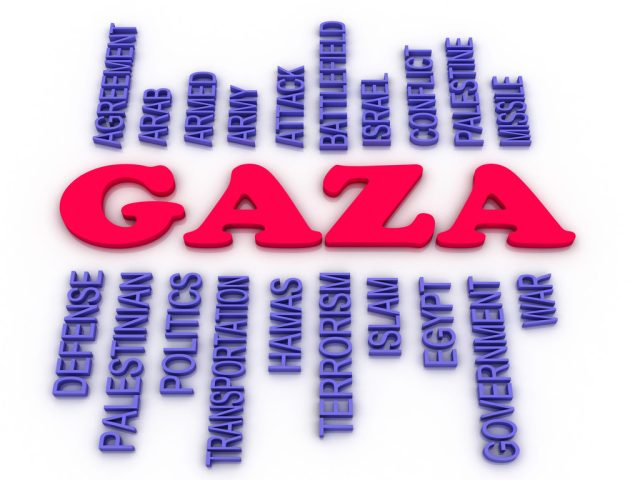The Relationship Between Gazans and Hamas: Public Opinion
In the complex landscape of the Middle East, the Gaza Strip stands out as a region with a unique set of challenges and conflicts. At the heart of this volatile situation is Hamas, the Palestinian political and military organization. But what do Gazans really think of Hamas, and how has their perception shaped the ongoing crisis with Israel?
The Popularity Dilemma
Whether in an autocracy or a democracy, the importance of public popularity for those in power cannot be overstated. In democratic systems, it is the foundation of staying in office, with elections being the ultimate test. In autocracies, maintaining popularity can mean the difference between stability and chaos, as leaders seek to avoid public uprisings and security threats. Gaza’s governance institutions fall into a unique category, but popularity remains a critical factor.
Hamas, formed in the late 1980s, evolved from a charity organization to a militant group. As the focus shifted towards resistance against Israel, it gained international notoriety. Surprisingly, the path Hamas took is not unusual in places with weak rule of law. Charity work helps build grassroots support, crucial for both garnering votes and recruiting supporters.
The Election Game
In 2006, Hamas won the Palestinian election, marking its official entry into the political arena. However, it soon became clear that winning an election did not necessarily translate into support for the organization. The election included both Gaza and the West Bank, and Hamas’ power was concentrated in the former, while its rival, Fatah, held sway over the latter.
To complicate matters, international players like the United States, the United Kingdom, and Israel sided with Fatah. While Hamas had popularity within Gaza, it struggled to maintain control over the West Bank. This political rivalry led to the Battle of Gaza, where Hamas expelled Fatah and the blockade was tightened.
The Paradox of Governance
Hamas’s governance legitimacy is derived from elections, even though many Gazans have never experienced one due to the geographic divide. This presents a paradox where an organization governs a population that largely has no memory of electing it. Moreover, Hamas maintains its position through militant force, further complicating the governance landscape.
So, what does Gazans’ perception of Hamas look like? Thanks to the Arab Barometer, we have some insights. This organization, a joint project between Princeton University and the University of Michigan, conducted surveys in Gaza, revealing that 67% of Gazans lacked faith in Hamas. A significant 44% expressed “no trust at all,” while 23% had “not a lot of trust.”
The Issue of Corruption
Hamas’s low support can be attributed to Gazans’ perception of the organization’s performance. Only 5% of Gazans reported no issues with food availability, and GDP statistics reflected a significant decline. Before the blockade, Gaza contributed 34% of Palestinian GDP, but today, it only contributes 18%. While the blockade might seem like the obvious culprit, 31% of respondents pointed to Hamas, and 26% blamed inflation, a macroeconomic issue.
Corruption has also been a central issue. In 2006, 78% of Gazans expected corruption to decrease under Hamas, which was a primary motivation for voting it into office. However, today, 34% feel there is “large” corruption within Hamas, while 38% believe it is “medium.”
Implications for the Crisis with Israel
These insights into Gazans’ views on Hamas are crucial in understanding the ongoing crisis with Israel. The leadership of Hamas was likely aware that it was losing the support of its people. Unlike in highly controlled regimes like North Korea, members of Hamas interact with regular Gazans daily, making them acutely aware of popular sentiment.
The recent conflict on October 7, which had been years in the making, may have been an attempt to distract from domestic issues. Wars are often used as a means of rallying the population around the government. However, initiating a war doesn’t guarantee increased popularity. Gazans’ preference for peace with Israel and their understanding of the consequences of conflict may have changed the narrative.
While the outcome remains uncertain, this episode underscores the complex relationship between Gaza’s population and Hamas, and how it impacts regional dynamics.
In conclusion, the story of Gaza is one of intricate political and social dynamics. Gazans’ opinions of Hamas play a pivotal role in shaping not only their domestic governance but also the ongoing crisis with Israel. Understanding these perceptions is essential for comprehending the larger Middle East puzzle.









